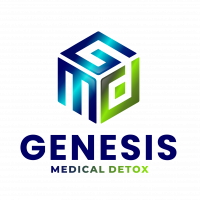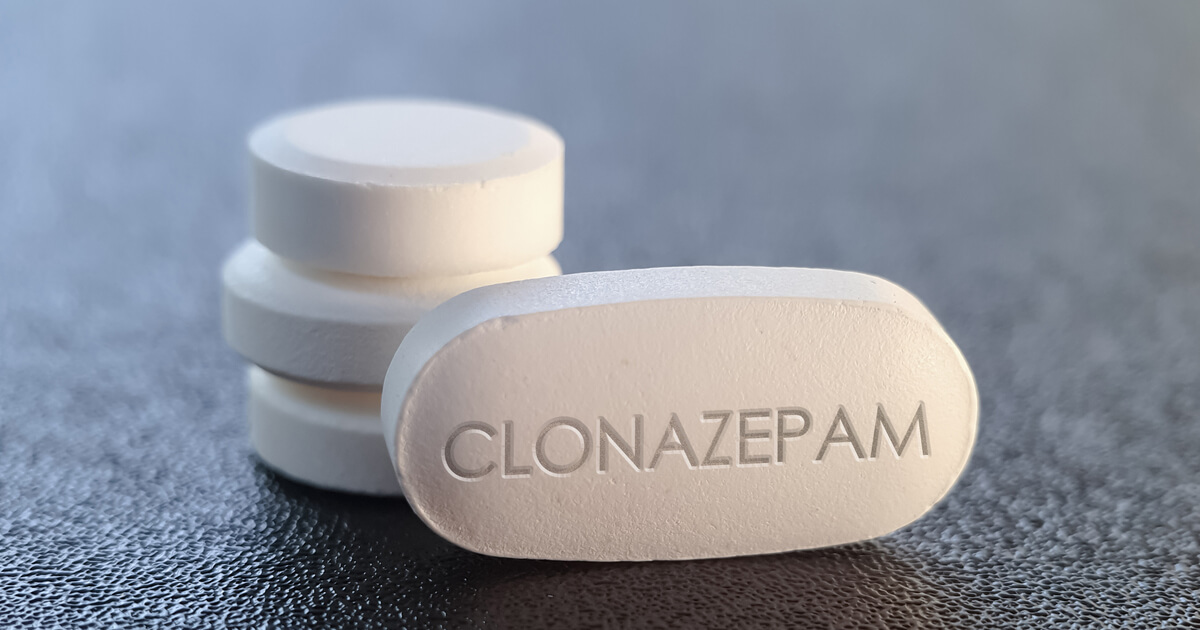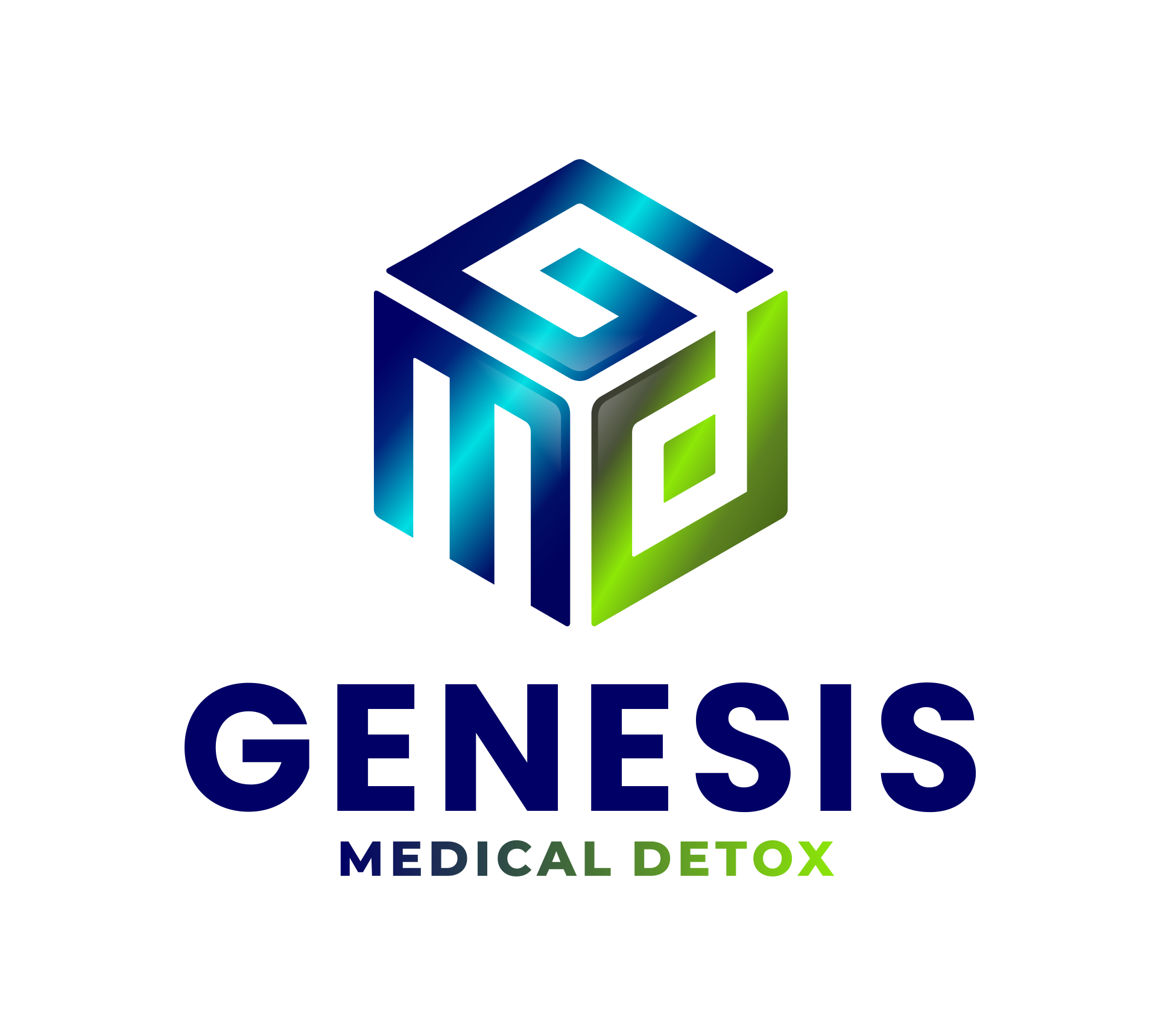Alcoholism is a serious and all-too-common problem that can take a toll on the individual’s life, as well as their family. Withdrawing from alcohol can be difficult and dangerous, with potential side effects including tremors, hallucinations, and seizures. Safe alcohol detox requires careful medical supervision; however, relapse may still occur if underlying issues leading to substance abuse are not addressed in treatment.
In this blog post, we will discuss what constitutes an alcoholic detox process, what factors can increase the risk of relapse during or after withdrawal from alcohol, and how patients and their loved ones can find help to ensure safe alcoholism recovery.
What Is Alcohol Detox, and Why Do People Need It?
Alcohol detoxification is the process of safely withdrawing from alcohol and managing any resulting physical and psychological symptoms. Alcohol withdrawal can be incredibly uncomfortable, causing intense cravings for alcohol, as well as nausea, sweating, tremors, insomnia, irritability, and depression. Detoxing from alcohol without professional help can be dangerous; in severe cases, it can result in seizures or even death.
What Factors Increase the Risk of Relapse After Alcohol Detox?
Mental health issues such as depression or anxiety are common co-occurring disorders with alcohol addiction and significantly increase the risk of relapse during alcohol detox. If these issues are not addressed in treatment, then they may resurface once a person stops drinking and lead to further substance abuse problems down the line.
Additionally, individuals who attempt to detox on their own are more likely to suffer a relapse since they will not have access to the professional help and support necessary for successful alcohol recovery.
Common Risk Factors for Relapse
- Mental health issues such as depression or anxiety
- Lack of professional help or support during alcohol detox
- Poor coping skills and a lack of positive outlets for stress
- Weak social network or unstable living situation
- High levels of alcohol consumption prior to trying to quit drinking
- High levels of alcohol-related stress
- Lack of self-control or impulse control
- Unrealistic expectations about alcohol recovery
- Negative emotional states such as guilt, shame, anger, or fear
- Being surrounded by alcohol cues in the environment
How to Reduce the Risk of Relapse
The most effective way to ensure a successful alcohol recovery is to seek professional help. Qualified addiction specialists can assess your level of alcohol dependence, provide medical supervision during alcohol detox and develop an individualized treatment plan tailored to your specific needs. Treatment programs may include psychotherapy, medication, support groups, and lifestyle modification strategies to address underlying issues related to alcohol abuse and prevent relapse.
In addition to getting professional help, it’s important for individuals recovering from alcohol addiction to develop healthy coping skills, build a strong social network with supportive people in their lives, and find positive outlets for stress relief, such as exercise or hobbies. It’s also important that they avoid alcohol-related cues in their environment, such as bars or parties where alcohol is served.
Finally, having realistic expectations about alcohol recovery and understanding that it’s a long-term process can help to reduce one’s risk of relapse and ensure a successful alcohol detox experience.
How to Safely Manage Symptoms of Alcohol Withdrawal
Common symptoms of alcohol withdrawal can include shaking, sweating, nausea, irritability, anxiety, and depression. In severe cases, alcohol withdrawal can cause seizures or life-threatening conditions. It’s important to get professional help if you are experiencing any symptoms, as they can be managed more effectively with the assistance of medical professionals.
Medication such as benzodiazepines may be used to reduce alcohol cravings and stabilize mood during alcohol detox. Other medications may also be prescribed depending on the severity of your alcohol addiction and co-occurring mental health issues such as depression or anxiety.
Psychotherapy is another essential component of alcohol recovery in which clients work closely with a therapist to develop healthy coping skills and address underlying issues related to their alcohol use.
How Can Loved Ones Help During Alcohol Detox?
The most important thing that loved ones of people struggling with addiction can do is encourage them to seek out professional help from an alcohol treatment center or alcohol rehab program. Seeking treatment allows the individual to safely withdraw from alcohol under medical supervision, as well as provides them with access to tools and strategies needed for long-term sobriety.
Another way family members can help alcoholics going through alcohol detox is by providing emotional support throughout the process. This includes being understanding and compassionate towards their loved one, listening to them when they need to talk, and offering advice and assistance in finding the right alcohol treatment program for their specific needs.
Alcohol detox can be a difficult process, but with the right help and support, it is possible to overcome alcohol addiction. Remember that if you or someone you love is struggling with alcohol dependence, never hesitate to reach out for professional help. With the right resources and guidance, individuals can safely withdraw from alcohol and work towards sustained sobriety.
Bottomline
The best way to prevent alcohol relapse is with comprehensive addiction treatment that addresses both physical and psychological symptoms. Treatment should involve individual counseling, group therapy, 12-step programs, and other evidence-based therapies such as cognitive behavioral therapy (CBT). Medication can also be used to manage withdrawal symptoms and cravings during alcohol detox. Additionally, ongoing support from family members and friends is essential for long-term sobriety.
Where to Find Help for Alcohol Detox
Genesis Medical Detox offers alcohol detox services in Pulaski, TN to individuals suffering from alcohol addiction. Our team of specialists helps you create a personalized treatment plan based on your individual needs, ensuring that each patient receives the best possible care for alcohol addiction recovery. We also provide access to counseling and other interventions that can help you manage alcohol cravings and withdrawal symptoms safely and effectively. To learn more about our alcohol detox program or to get started today, call us at (844) 895-0537.









